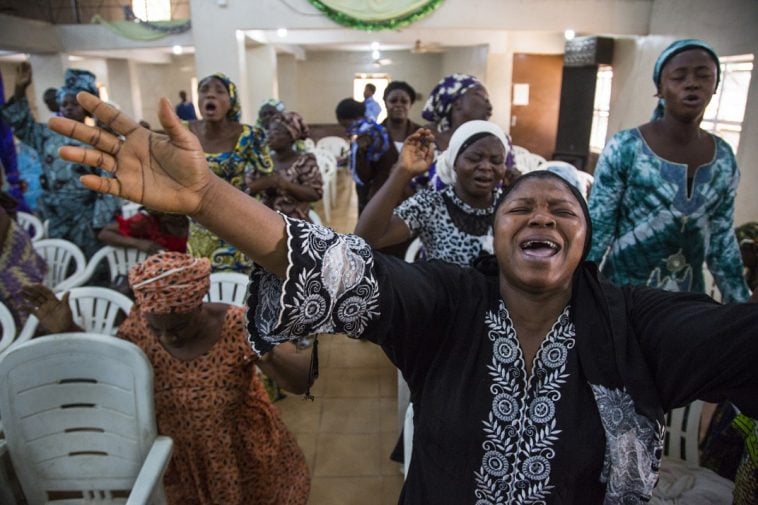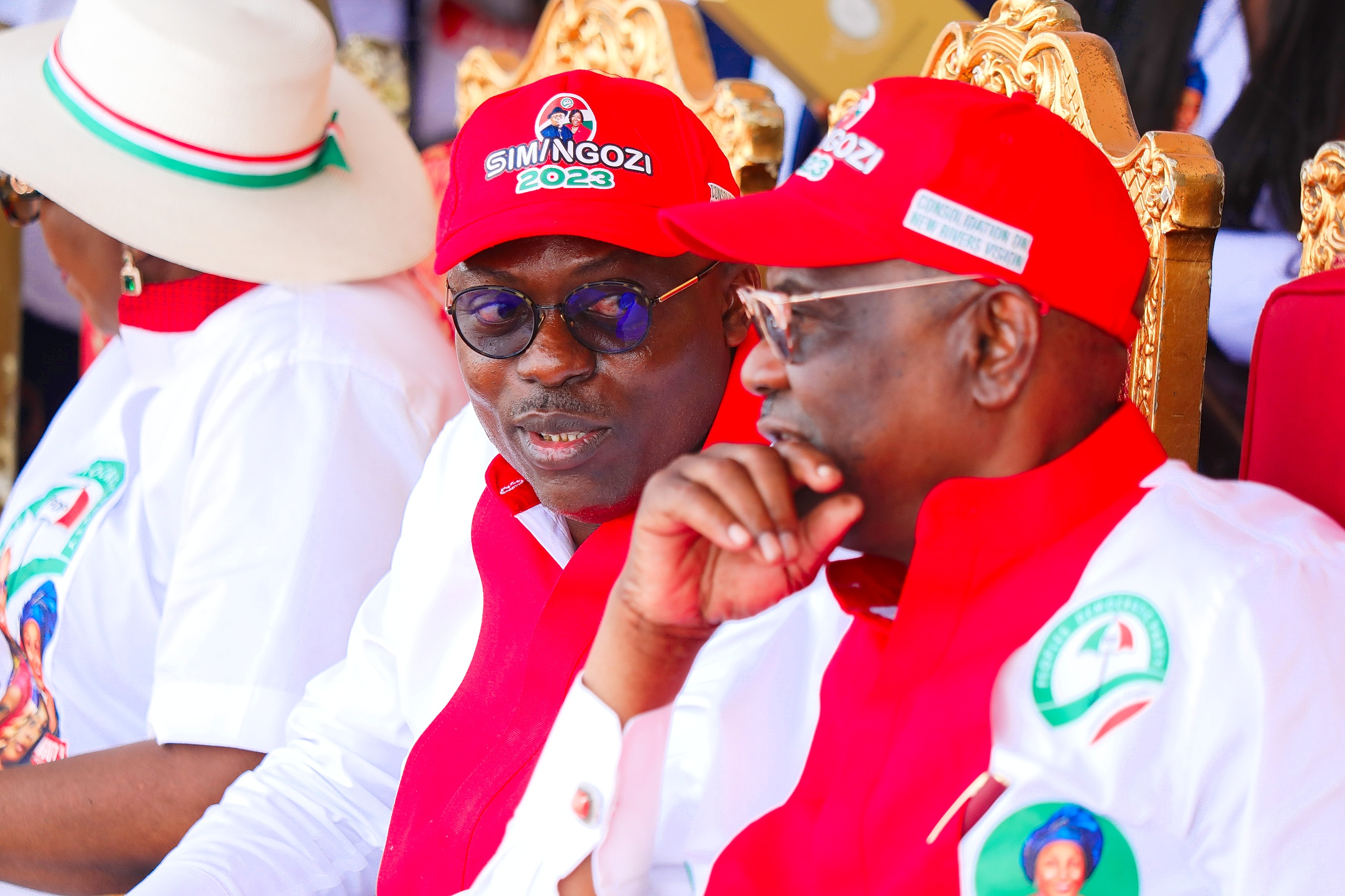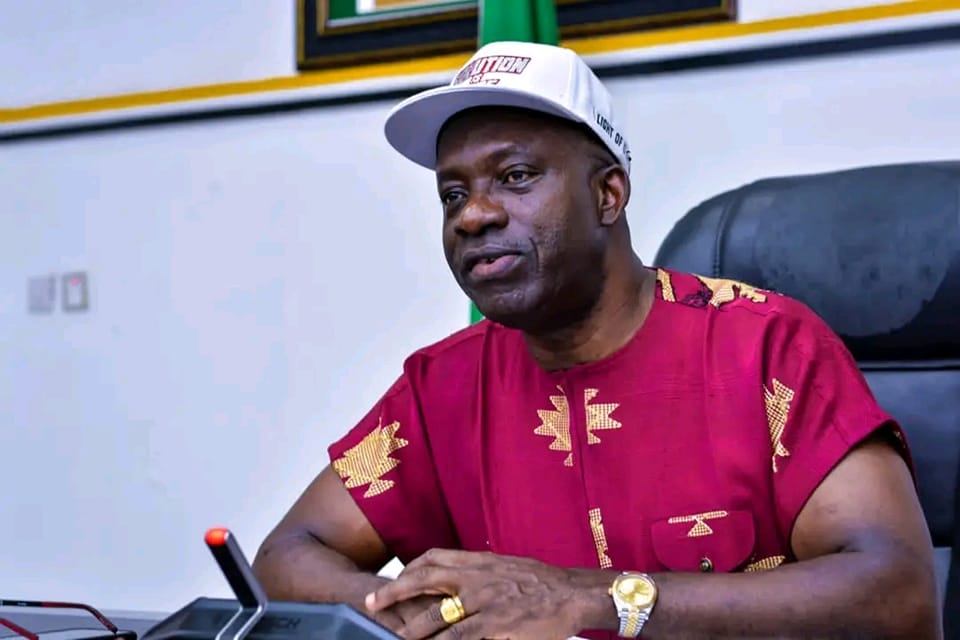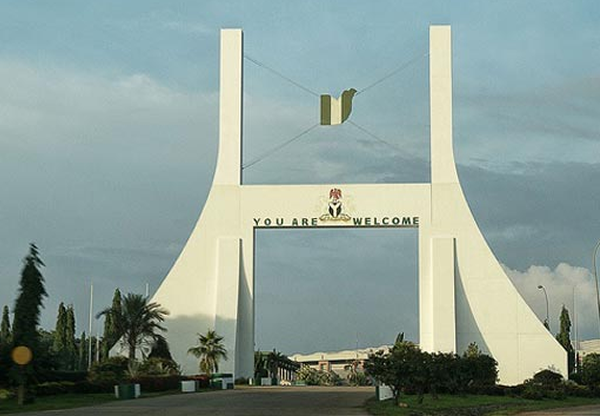As a behavioural scientist, my experience in my few years of earthly existence has taught me that religiosity is not a good measure of uprightness as sometimes, outwardly religious people tend to be lower on integrity than those who are not religious at all. The pretence of being religious is most often used as a facade to cover up for the abysmally low integrity that characterises such individuals. One can be religious without being godly, and vice versa.
My examples will be based on Islam and Christianity as the two Abrahamic religions are the most popular in Nigeria and they claim to know where every one of us will end up in the hereafter. Many times, we read about ritual killings, and we find out at the end of the day that the culprits are people who pretend to be (Muslim or Christian) clergymen. For the sake of my audience, I’m a Muslim, and I practise Islam but do not agree with the ways some people, especially, Nigerians practise theirs. That I do not agree does not give me any form of authority to claim to know where they will end up in the hereafter because the popular Arabic phrase, usually recited during “Salat” (Muslim Prayer) after “Ruku” (genuflection), “Sami Allahu liman hamidah” — meaning only God knows those who truly worship Him is what guides me whenever I’m about to slide into a temptation to judge anybody’s religiosity. Pardon my digression.
That said, most of the commonest crimes in Nigeria today are often perpetrated by some of those who claim to be staunch adherents of either of the two most popular religions— Islam and Christianity. Talk of ritual killings, swindling people of their hard-earned money or assets, adultery, even kidnapping, among others.
Let us go to the public service. The majority (over 95%) of those who work as civil servants in Nigeria are either Muslims or Christians. Records with the EFCC, ICPC, and other anti-graft agencies show that almost 100% of those who embezzle public funds are of either of these two religions. They steal government money and donate parts of it to their respective places of worship. They send people on annual pilgrimage from the proceeds of corruption. Yet, they come out to pontificate about morality, holding prayer sessions in official spaces as a clever ruse to divert attention away from their corrupt tendencies at work.
Advertisement
With them, it is commonplace to always put on display of their non-existent aura of spirituality at any public event with a request, “Can somebody (a Muslim or a Christian) lead us in prayer?” Whether at the level of departmental meetings or inter-agency engagements, one hypocrite would always call on another to lead them in prayer. Another very common phrase is, “We need two people (a Muslim and a Christian), to commit this gathering into the hands of the Almighty God”.
And before anyone could say “morality”, a voice would answer, “Let us pray”, with a scriptural phrase, peculiar to the respondent’s faith. If it is a Muslim who responds, the next thing you would hear is “Sallu Allah Nabiy al-Kareem“, and in the case of a Christian, “In Jesus’ Mighty Name”… This is done without regard to the sensibilities of others in attendance, who belong to neither of the two Abrahamic faiths of Islam and Christianity. This is so because they know that, for fear of being overwhelmed, those minority segments would remain silent. Although I am a Muslim, I’m always very sensitive to the sensibilities of those with whom I do not share the same religion. Please do not get me wrong. I am not against people saying prayers. It is good for the spiritual and emotional well-being of man but, at the imminent risk of sounding judgmental, you and I know that there are some prayers that God will never answer. Those said under the circumstances described above fall into that category.
In some ministries and parastatals, both at the state and federal level, where workers are supposed to resume duty by 8am, they would keep “customers” waiting, while holding what they call “morning devotion”, thus wasting precious national productive time all in the name of bringing in spirituality with a view to fortifying the workplace. Fortifying the workplace against what, or who, if I may ask? Is it against themselves who have constituted themselves into clog in the wheel of the country’s progress, through their nefarious activities in their respective offices? A spirituality that does not prevent them from diverting public funds and resources for private uses is nothing but a scam.
Advertisement
A look at the statistics of those who have dipped their hands into the cookie jars, as stated earlier, would show over 90% of them as either Christians or Muslims. What am I saying? Most, if not all, of the people stealing from our exchequer; those who do kidnappings; those who do highway robbery; those who do pen robbery; those who extort motorists on the road; those who commit adultery (including paedophiles); those kill for ritual purposes; those who inflate contracts in the ministry, are either Christians or Muslims. What about those contractors who are mobilised for contracts with 100% funding but won’t even visit the project’s site, let alone, execute it? Of course, you rarely find a pagan, or an animist among them.
Should I mention politicians, most of whom are voted into office as members of the house of assembly, house of representatives, and senators? The majority of them divert their constituency projects to feathering their nests, rather than allowing it to benefit the people whose interests they claim to represent. Some set up companies run by proxy, position same to bid for and win contracts for their constituencies’ projects that they have no plan to execute, after being fully paid. What about the railway workers, racketeering tickets at the station, or those who eat pensioners’ monthly stipends, or sit on, and eat up their gratuities? They each profess, either being a Christian or a Muslim.
When you meet them on a bus while embarking on a journey, they delay the takeoff by about five minutes, praying against an accident because they do not want to die. Nobody wants to die, of course. But, does it not sound ironic that they are afraid of death, even though, their spiritual fathers have assured them of maximum heavenly protection, having received their healthy cut of the loots by way of hefty donations in their respective places of worship? The righteous are never afraid of death.
These set of sanctimonious bunch are the ones who would gather at a public function and start saying someone should lead them in a prayer. They always want to commit everything they do into the hands of the Lord, or the Almighty Allah (depending on whether the speaker is a Christian or a Muslim). They do these to create the impression that they are godly people who can be trusted with public funds or other resources. Furthermore, they create the impression that they’re perfect fits, when it comes to searching for people who will function in fiduciary capacities. But unfortunately, these are people whose characters would never be able to recognise their reputations, should the two meet in a desolate and dark alley. Yet, they remain our “let-us-pray” warriors in their respective places of work, and public events. They act like we don’t know that their lifestyles are inconsistent with their legitimate earnings. Otherwise, how does one explain a civil servant making a monetary donation of an eight-digit figure to places of worship, for instance, when the annual salary is barely one million Naira (₦1,000,000)? How much does he or she earn per annum? How much is one-tenth, or one-sixteenth of the annual salary, compared to the donation made? The answers to the above simple questions will be riddled with massive inconsistencies. Yet, it is always a matter of sanctimony with ridiculous prayer points.
Advertisement
This piece is not an attempt to condemn prayers. No, it is far from it. As a Muslim, I pray, and I am aware that praying has some soothing, neuro-spirito-surgical effects that come with it, oh the emotional well-being of those who render it, which can never be procured from the biggest and most popular shopping malls in the world. But I prefer saying my prayers in the closet, rather than in public. After all, religion is supposed to be a personal thing—a thing of the heart and a pact between a man and his Creator, for those who are not atheists or deists. It is supposed to be practised, unobtrusively.
Is section 10 of the 1999 constitution not very explicit enough about the secularity of the Nigerian state? Does it not say that: “The government of the Federation or a State shall not adopt any religion as State Religion”? If that is the case, why impose two out of many religions on the people at a public function? Why not the second stanza of the national anthem that sounds purely like a prayer, instead of prayer verses from the scriptures of only Christianity and Islam?
Why not adopt the anthem, and stop the so-called faithful from making a mess of the preaching, and the doctrinal cores of these faiths, with such public hypocritical postures? Whoever has the opportunity should try to get a copy of the scriptures of these faiths, read them, and discover that most of all they teach pure morals on how to live a life of piety. But the conduct of these hypocrites is a grave violence to their images. The two scriptures (of the most popular Abrahamic religions) are good moral compasses that most of those who profess them hardly represent.
Abubakar writes from Ilorin. He can be reached via [email protected].
Advertisement
Views expressed by contributors are strictly personal and not of TheCable.







